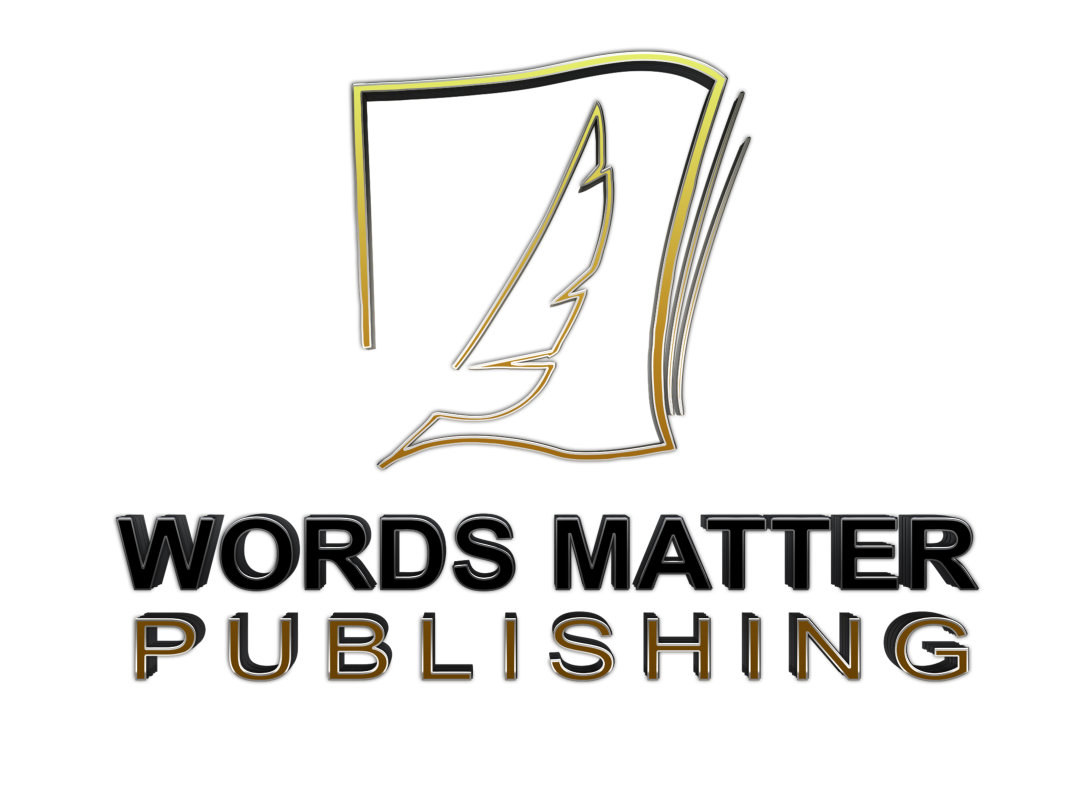Understanding the Subtle Yet Significant Differences That Define Your Narrative
Every person has a story. But when it comes to turning your life into a book, you’ll quickly find yourself facing a key question: Is it a memoir or an autobiography? Many people use the terms interchangeably—but they’re not the same. And choosing the right form for your story can make all the difference in how it connects with readers, how it’s marketed, and how publishers receive it.
In this detailed guide, we’ll unpack the core differences, similarities, and unique storytelling structures of memoirs and autobiographies so you can confidently decide which path your life story should take.
The Heart of the Matter: Intent and Focus
At its core, the difference between a memoir and an autobiography lies in intent.
- Autobiography is a comprehensive timeline of your life, from birth to the present. It’s chronological, factual, and usually written to document a full legacy.
- Memoir is a snapshot of a specific theme, period, or set of experiences. It’s emotional, introspective, and usually written to share a message or lesson with readers.
If your goal is to cover your entire life story with a focus on historical accuracy and documentation, you’re writing an autobiography. If you want to explore how one chapter of your life shaped who you are today, you’re writing a memoir.
Let’s Break It Down: Key Differences
- Structure
- Autobiography: Linear, chronological timeline from early life to present
- Memoir: Thematic structure, often non-linear, with flashbacks and reflection
- Scope
- Autobiography: Entire life
- Memoir: A slice of life (e.g., surviving cancer, military service, spiritual awakening)
- Tone and Style
- Autobiography: More formal, factual, and historical
- Memoir: Conversational, emotional, literary
- Purpose
- Autobiography: To inform, preserve a legacy
- Memoir: To connect, inspire, reflect, or explore a personal truth
Memoir: Writing Through the Lens of Meaning
Memoirs invite readers into your personal world—not to recount everything that’s ever happened to you, but to explore one meaningful journey. In memoir, emotion drives the narrative. It’s about what you felt, what you learned, and how you changed.
Memoirs are often written by people who may not be famous but have an extraordinary story, such as Cheryl Strayed (Wild) or Tara Westover (Educated). The power of a memoir lies in relatability and resonance. Your story becomes a mirror in which readers see pieces of their own lives.
Memoirs allow room for literary techniques—metaphors, internal monologues, sensory details—giving your life story the rhythm of a novel.
Autobiography: The Life Legacy Blueprint
Autobiographies are often reserved for public figures—presidents, celebrities, leaders—who have lived a life that is already of public interest. But anyone can write one, especially if the purpose is to preserve family history or pass wisdom down to future generations.
Think of The Story of My Life by Helen Keller or Long Walk to Freedom by Nelson Mandela. These works focus on facts, chronology, and societal impact. They don’t dive as deeply into emotion, but they aim to inform and educate, often with exact dates, locations, and historical events.
Autobiographies also demand rigorous research, note-taking, and a meticulous timeline. If your focus is historical documentation, this is the path for you.
Gray Areas: The Memoir-Autobiography Hybrid
Some books blur the lines. They have memoir-style narration but follow an autobiographical timeline. When this happens, it’s often the marketing that defines how the book is positioned.
Ask yourself:
- Is my book about my whole life or one part of it?
- Do I want to tell the world about everything that’s ever happened—or one thing that changed me?
- Am I writing to document or to explore?
These questions can guide your decision and help you structure your story accordingly.
What Readers Expect
Your readers come with certain expectations depending on the label:
- Memoir readers expect vulnerability, honesty, and emotional resonance.
- Autobiography readers expect detailed accounts, a clear timeline, and educational value.
Mislabeling your book can lead to confusion or disappointment—so choose carefully and deliver what your audience is looking for.
Final Thoughts: Your Story, Your Way
There’s no “better” option between memoir and autobiography—just what’s right for your story. Memoirs speak to the soul. Autobiographies stand the test of time. Both matter. Both have power.
When you understand the difference, you can approach your writing with clarity, focus, and purpose—giving your story the shape it deserves and the impact it’s meant to make.
So ask yourself: Are you capturing a life, or revealing a moment that defined it?


